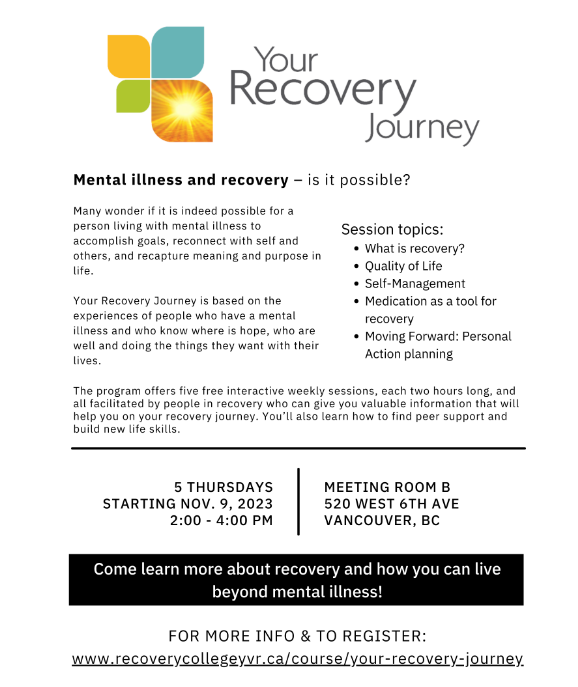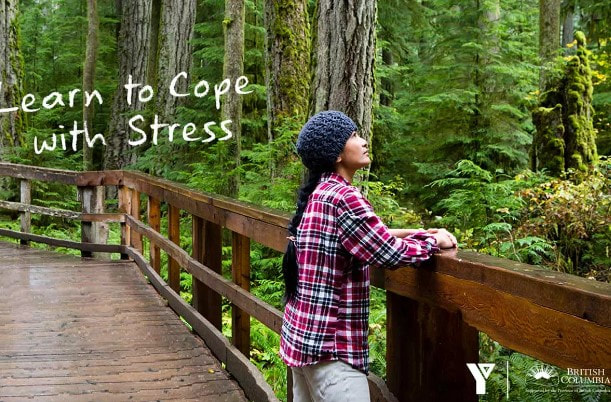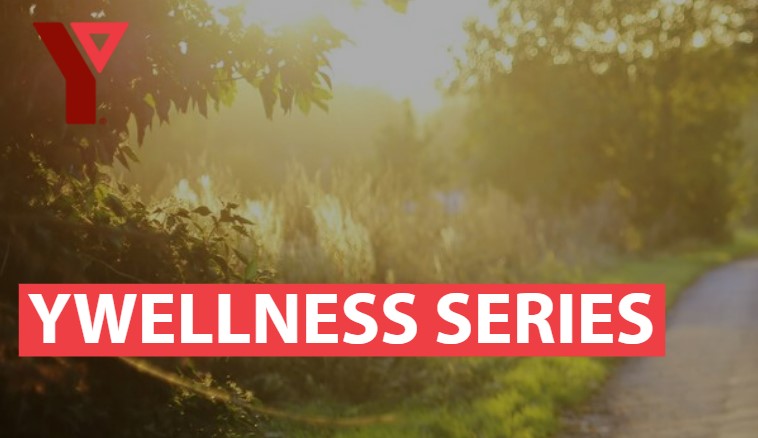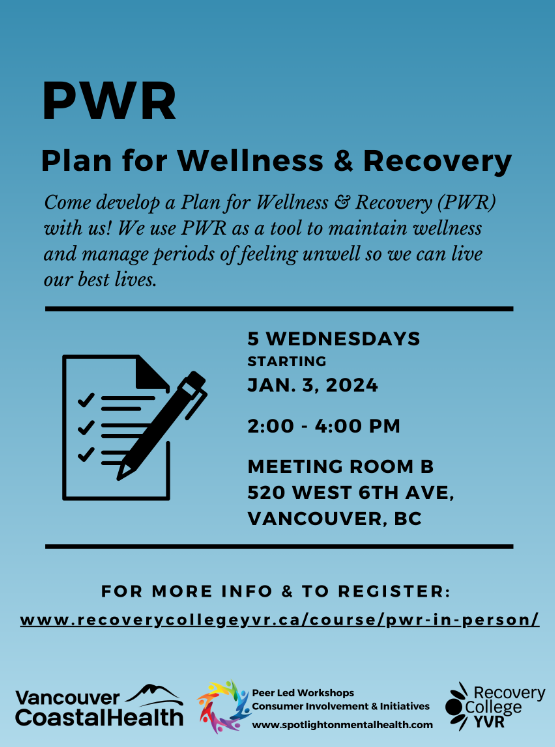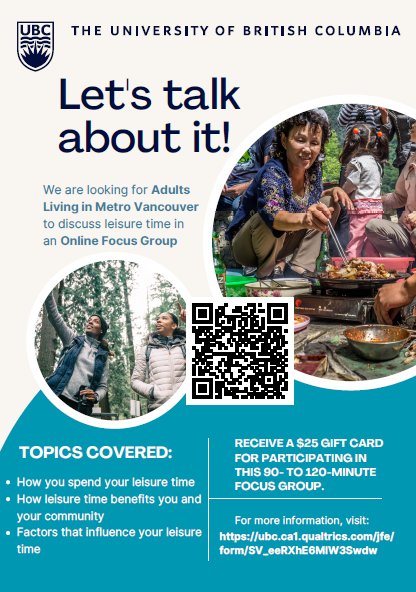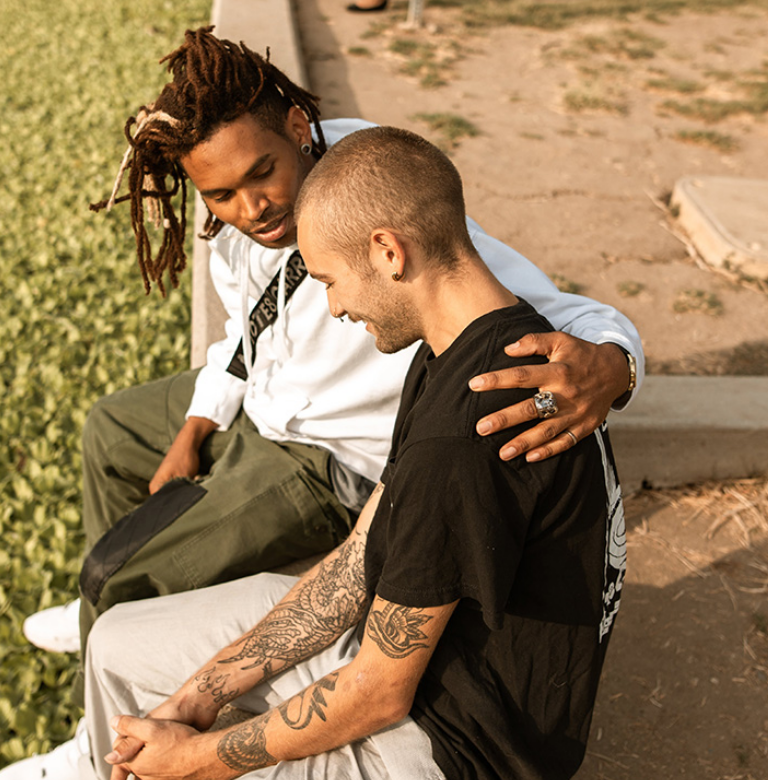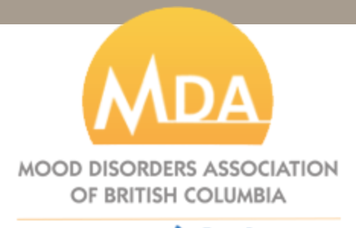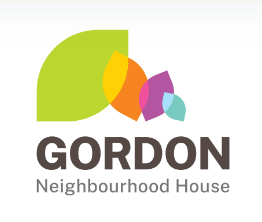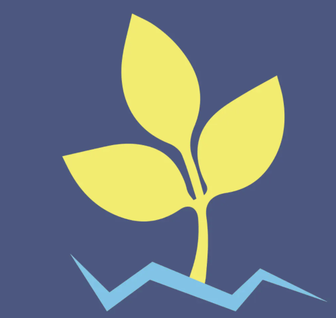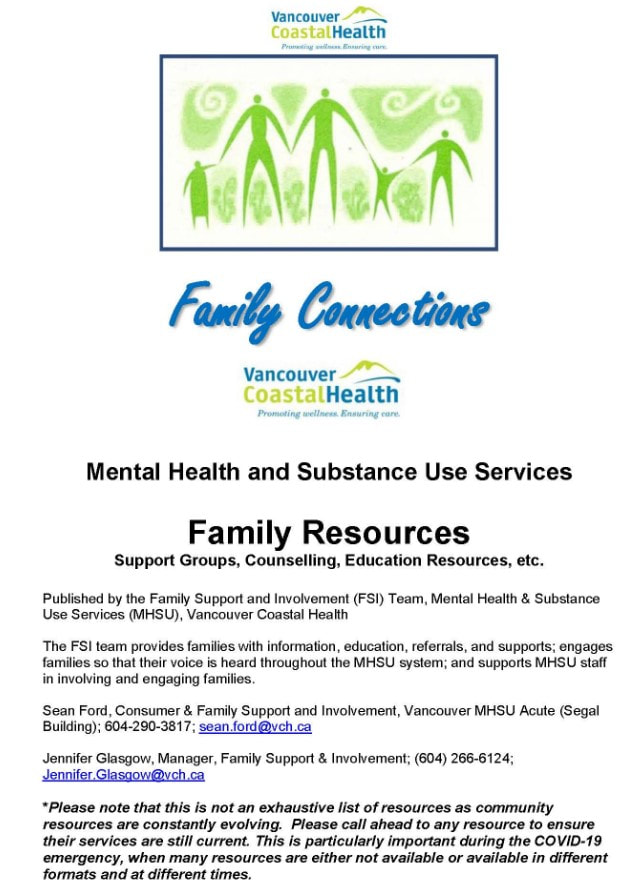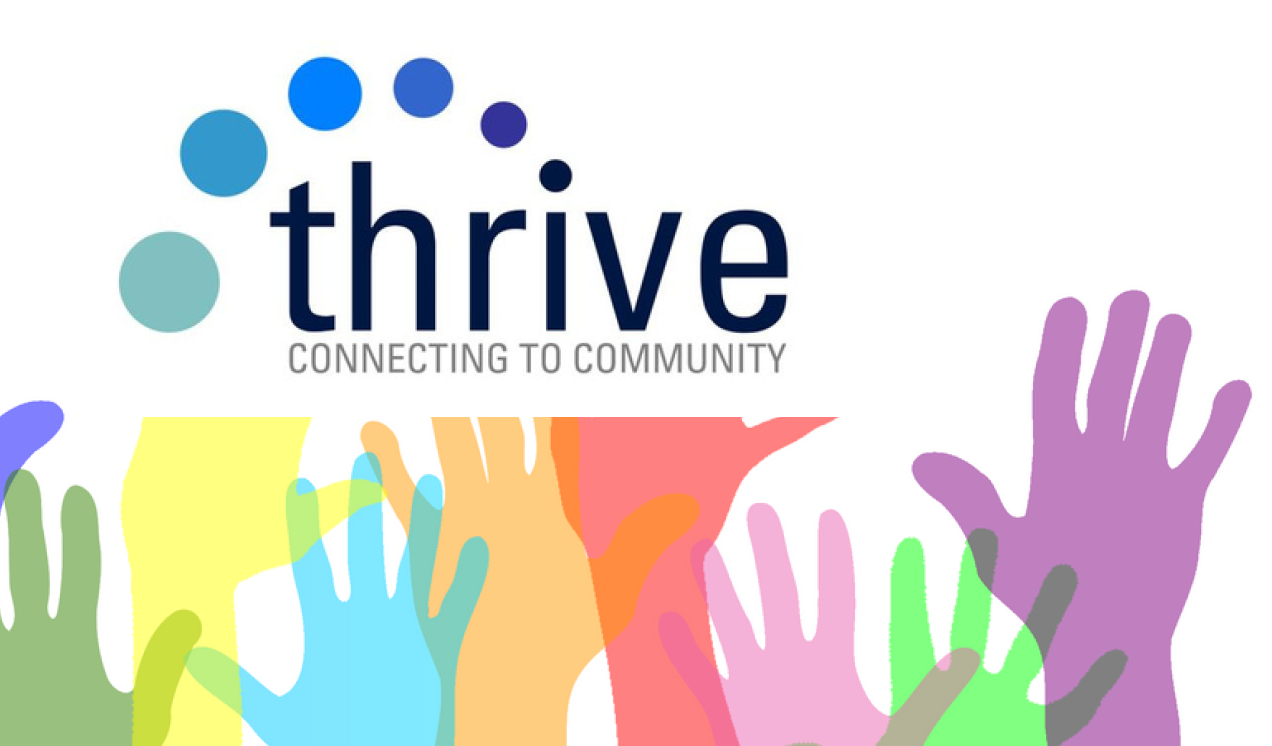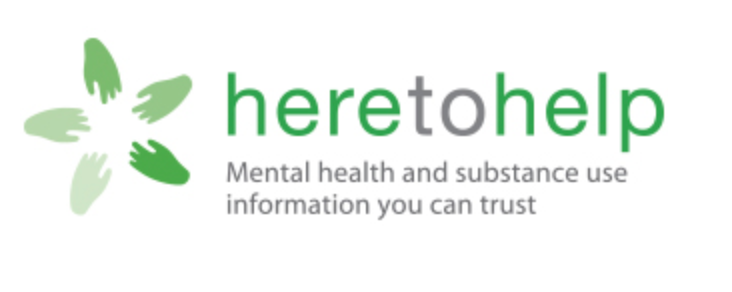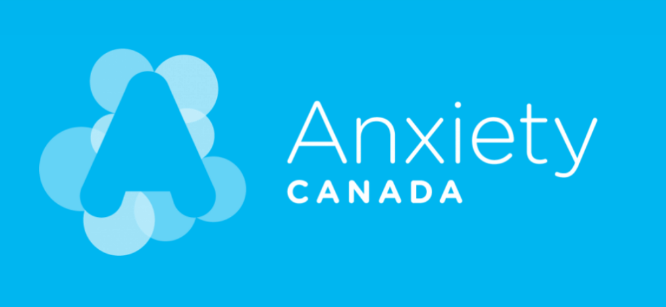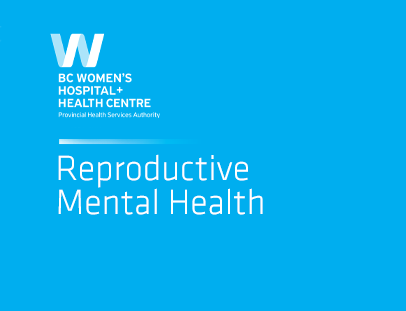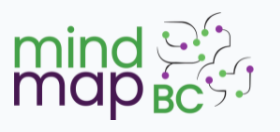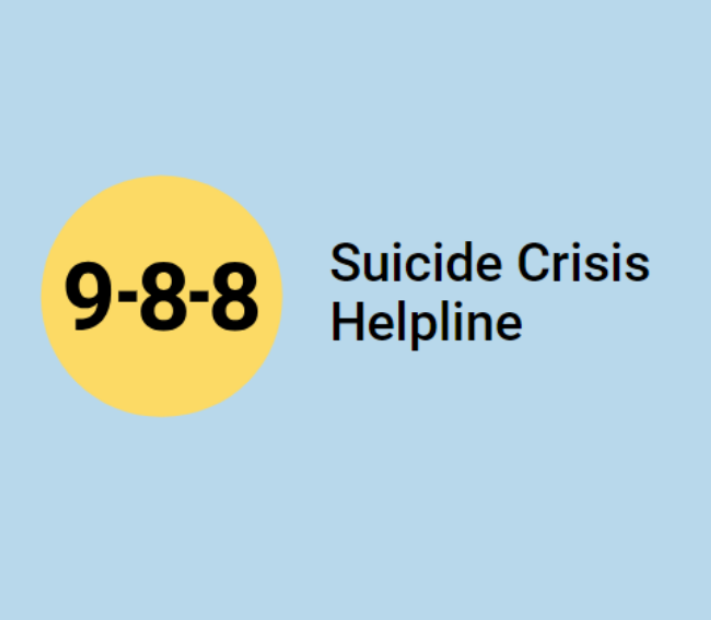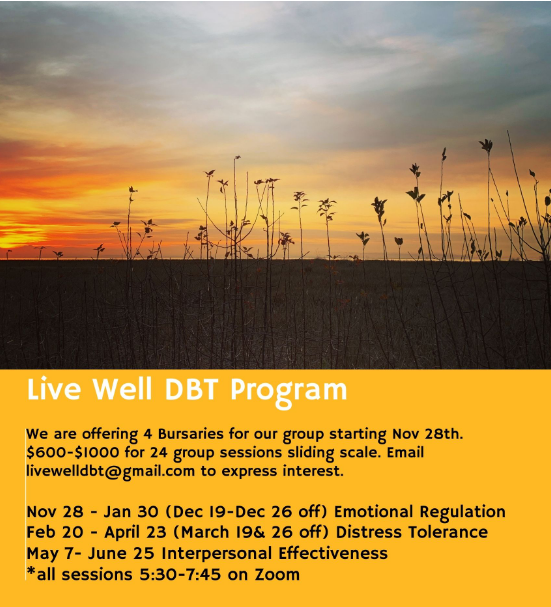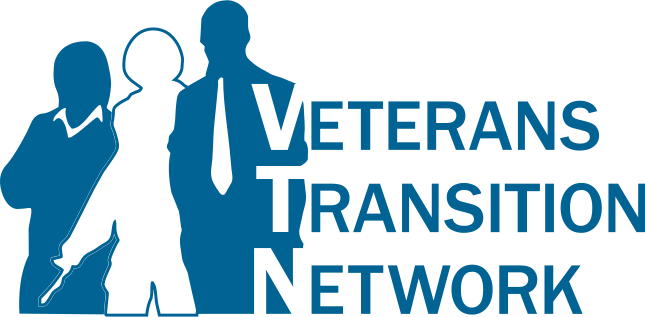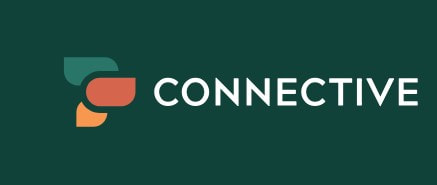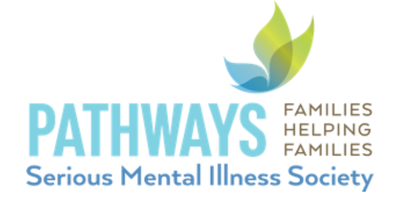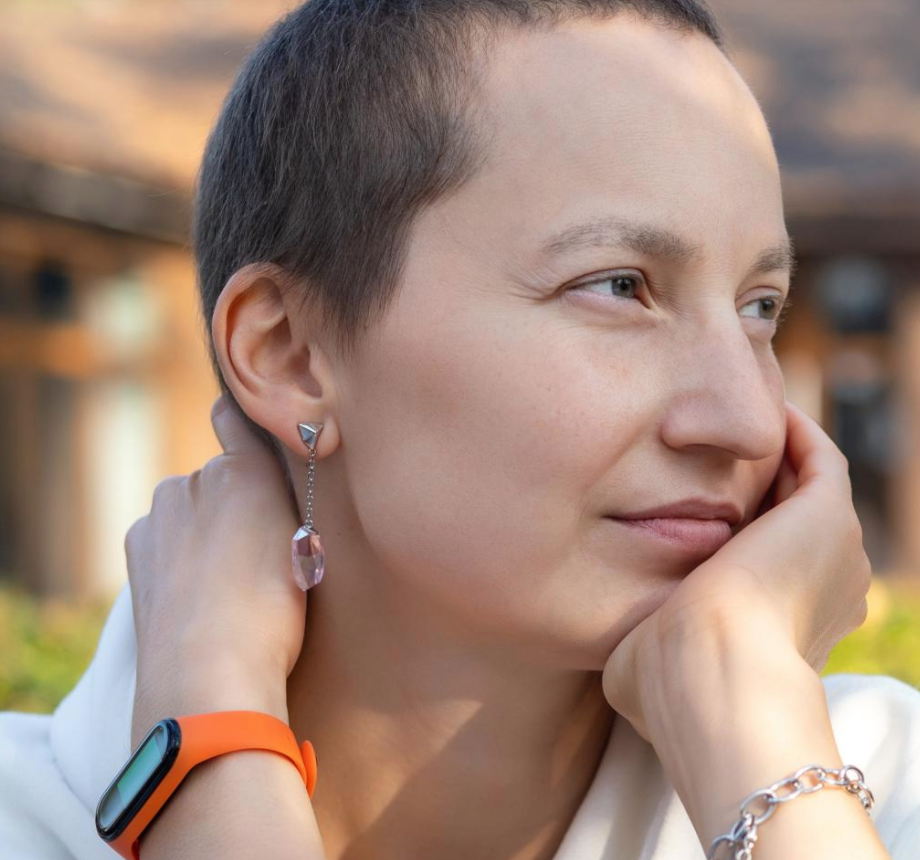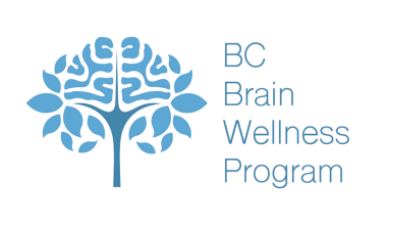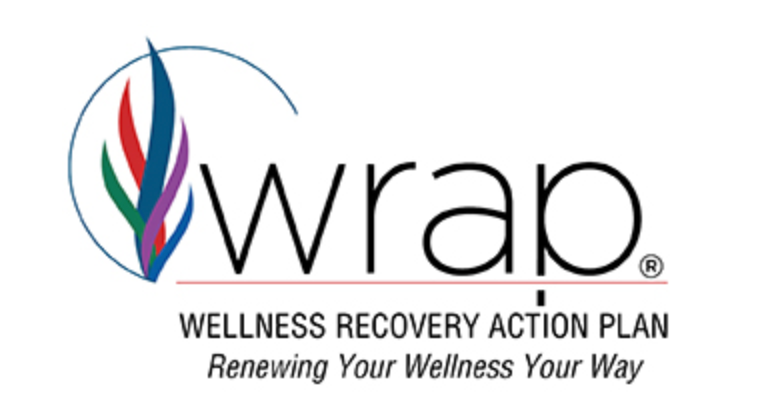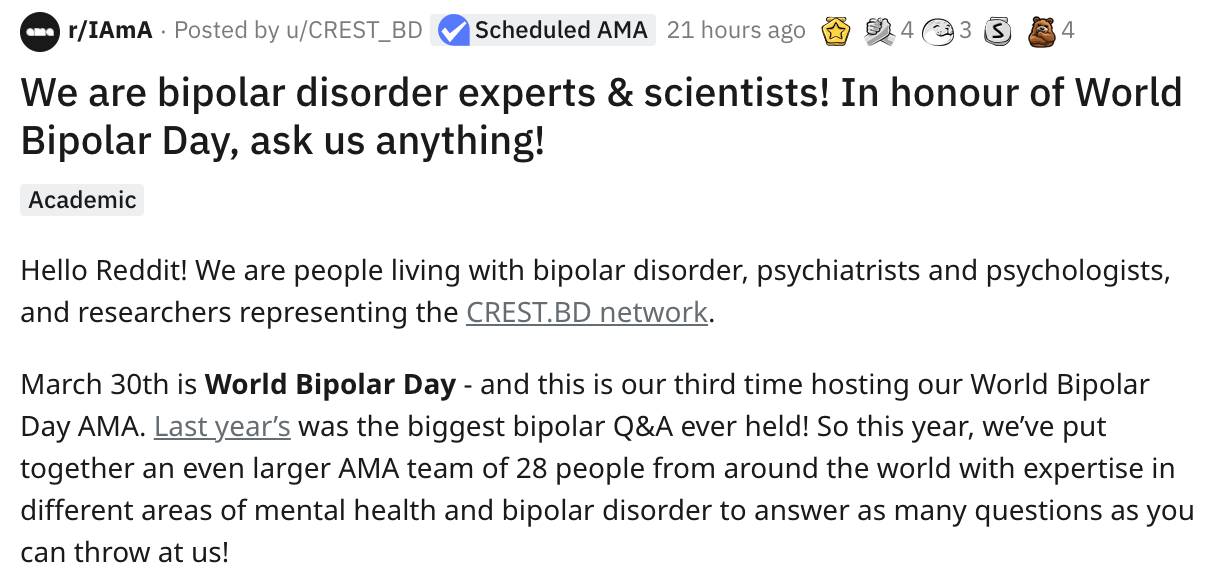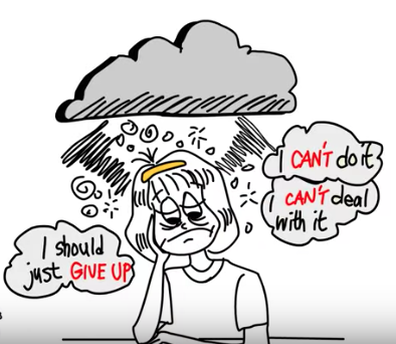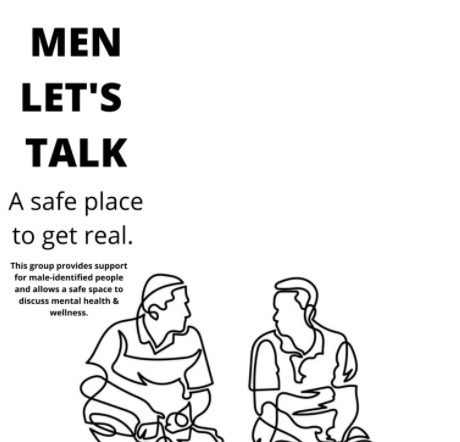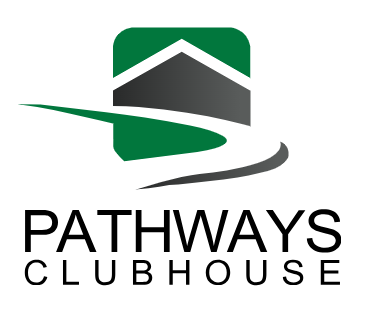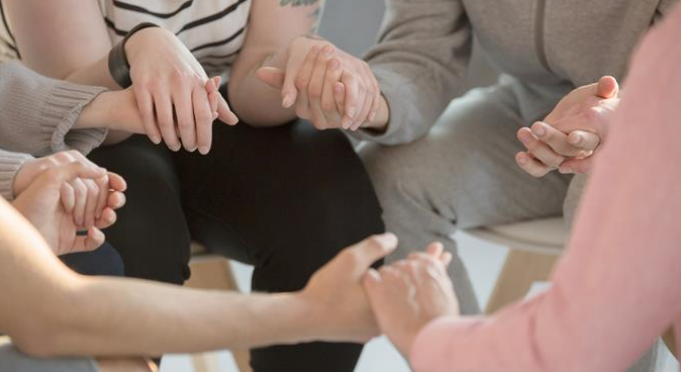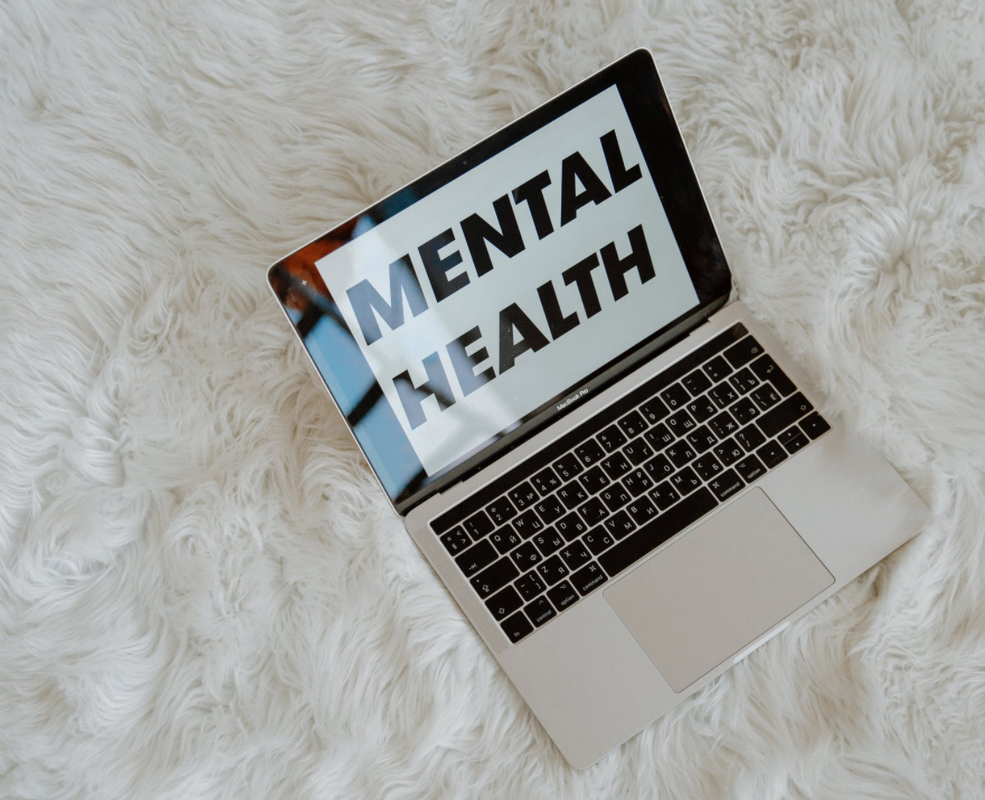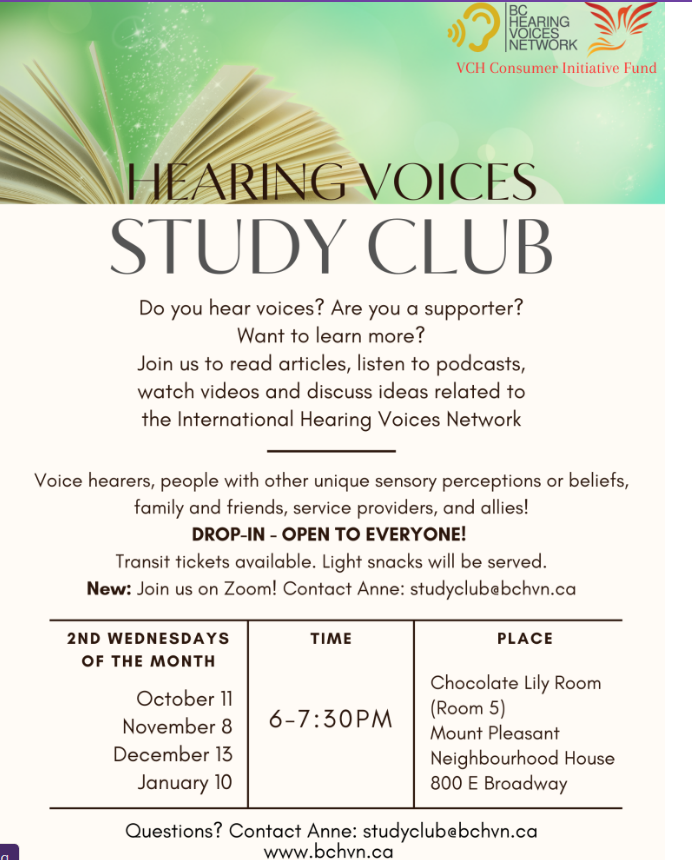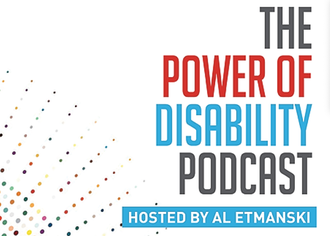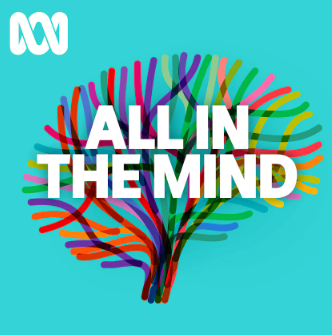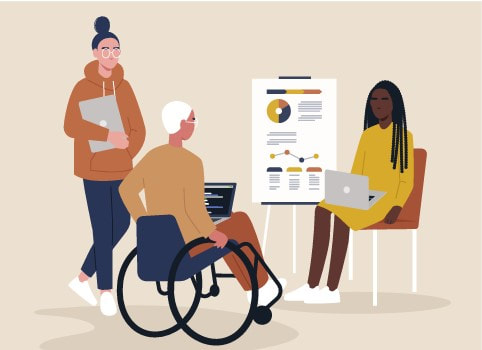Free Mental Health Resources
Free 24/7 mental health support is available by calling 310-6789 or 988
Post-Traumatic Growth Global Summit
|
Healing, Resilience & Post-Traumatic Growth For These Challenging Times
Healing and Leveraging our Pain and Trauma to Create Extraordinary Personal Growth, Fulfilling Relationships, and Collective Transformation Come join us in this deep exploration of what it means to be human and how we can heal and transform our relationship with ourselves, each other, the earth, and our fellow species... learning to live inspired lives and flourish together sustainably as one global human family. Cost: Free Date and Time: June 11 - 16 | 4 am PST Location: Online Phone: +1 (508) 613-2095 (Charges my apply) Email: [email protected] |
IFRC Society
|
The Individualized Funding Resource Centre (IFRC) Society was developed to help people succeed on the Choices in Support for Independent Living (CSIL) Program and other individualized funding programs in British Columbia. Paul Gauthier, founder of the CSIL program now has a place to share his knowledge, and experience. The IFRC is committed to providing supports that will allow individuals to fully participate in their communities.
The Individualized Funding Resource Centre understands that managing individualized funding can be overwhelming and challenging for many people with disabilities. Too often, individuals accept the alternative, because of a lack of information or support. We can provide that information and support to ensure success and independence! |
Recovery College
|
Recovery College are different from other mental health support groups and programs.
Recovery Colleges are different because they use co-production. Co-production is the umbrella term for a working style where peers, professionals and content experts work together as equals to create a course or a service that will improve the quality of life for members of the community. Co-production is based on the principle that those who use a service are in the best position to help design it. First time participants have to contact the facilitator 24 hours before the session! Cost: Free Location: Varies, in-person and virtual available Groups:
|
Mindfulness Meditation & Movement
|
Enjoy a weekly mindful movement and meditation class focused on positive energy, raising your endorphins, and increasing a sense of well-being. The class is rooted in Kundalini yoga tradition.
Dates and Times: Tuesdays | 2 pm - 3 pm Location: Sacred Space Room at The HOpe Centre 1337 St Andrews Ave, North Vancouver, BC V7L 3L4 Cost: Free registration Email: [email protected] Phone: 778-836-9243 |
Your Recovery Journey - Workshop
|
Your Recovery Journey is a free workshop focusing on mental illness and recovery. The program provides valuable information that helps individuals on their recovery journey to reconnect, accomplish their goals, and recapture meaning in life. It is peer support based and facilitated by the VCH Peer Led Workshop Program at Recovery College YVR.
Session topics:
Dates and Times: Aug 2 - Aug 30 | 2 pm - 4 pm Email: [email protected] Phone: 778-836-9243 |
Talking With Your Doctor: Workshop
|
Peer facilitators lead this 1.5 hour interactive workshop to empower patients to be active participants in their health care.
Learn how to:
Upcoming Sessions:
|
Y Mind Programs
|
YMCA BC offers free mental wellness programs designed to help participants learn how to manage stress and mild-to-moderate anxiety. They use evidence-based methods, and teach Acceptance and Commitment Therapy (ACT) and mindfulness.
Current Programs:
Phone: 604-673-6170 Email: [email protected] Link to Y Mind Inquiry Form |
PWR (Plan for Wellness & Recovery) Workshop Series
|
PWR is a personalized plan that helps you stay well and cope with challenges. You create and tailor your own plan based on your needs and preferences through the process of self-reflection.
Details:
Facilitated by the VCH Peer Led Workshops Program Upcoming Sessions:
Email: [email protected] Phone: 778-836-9243 |
Mindfulness Matters Group
|
The Mindfulness Matters Group provides an introduction to the various practices and techniques that help us reconnect with ourselves at the present moment. The training helps people become more aware of their thoughts, feelings, and body sensations. This allows people to manage their thoughts and feelings better, instead of being overwhelmed.
The mindfulness exercises practiced in this group focus on paying attention to the present moment by using techniques like meditation and breathing. Dates: 2nd and 4th Monday of each month Time: Alternating between
To join the group contact: [email protected] Note: Open to BC residents only. |
OCD Support Groups
|
The OCD Adult Wellness Group is a group for adults with OCD tendencies and family/friends supporting someone with OCD. This group is facilitated by a Clinical Counsellor, and is open to BC residents only.
The group seeks to build community, allow individuals to share their experiences, and facilitate the exchange of knowledge and research. From time to time there will be Guest Speakers at the meeting. Dates: 1st and 3rd Wednesday of each month Time: 7 pm - 9 pm Location: Online via Zoom Note: A screening interview is required before joining this group. OCD Young Adult Group: “Healing is not Linear” This group is run by young adult volunteers with lived experiences with OCD. The group seeks to foster connections, provide a platform to share experiences and research, as well as provide a social platform for young adults with OCD. Dates: 4th Tuesday of each month Time: 7 pm - 8 pm Location: Online via Zoom Eligibility: BC residents aged 19 - 30 Email: [email protected] Note: A clinically supervised screening interview is required before joining this group. |
Supporting Men's Mental Health - Beyond "Man Up"
|
In a culture that encourages them to “man up”, men may feel vulnerable admitting they struggle with mental health at all. From an early age, society has told men that showing emotion is a sign of weakness. As mentioned on Centre for Suicide’s Preventions Buddy Up website, toughness and stoicism are expected; emotional vulnerability is seen as a blemish on their manhood.
Three ways you can help support the men in your life’s mental health:
|
Peer-Led Support Groups - Mood Disorders Association of BC
|
MDABC Peer-led Support Groups provide a safe place to share your story, struggles and accomplishments, and to listen to others sharing their similar concerns.
Benefits:
Details:
Email: [email protected] Phone: 604-873-0103 (monitored 9 am – 4:30pm) |
Educational Courses and Workshops - Community Mental Health
|
Gordon Neighbourhood House provides ongoing psycho-educational courses for community members wanting to learn more about how to proactively manage their mental wellness.
Courses Include:
Details:
|
Free Online Course - Positive Psychology: Resilience Skills
|
Coursera is an incredible resource offering free courses from universities. It currently offers a 15 hour course on resilience in a time of uncertainty.
As well as building your own resiliency, mental agility, and optimism, the course includes examples of individuals using resilience skills in their personal and professional lives. The course provides:
|
Family Connections
|
Family Connections provides mental health and substance use resources for families. The program is a part of Vancouver Coastal Health.
Types of Resources Includes (non-exhaustive list): 1. Mental Health Education
|
Thrive Program
|
Thrive is a great program of the Open Door Group.
If you’re living with a mental health condition, Thrive offers free one-to-one coaching and group programs that focus on personal development and positive community connections. They offer dozens of different group programs. Just a few of these are:
Interested in joining? Complete the online intake form. After that, the next step will be that you’ll meet with one of the experienced recreational therapists to set personal goals and build an action plan. Together, you’ll find the right activities and programs to help you reach your goals. Phone: 604-872-0770 |
Musings From Lived Experience
HereToHelp - Online Mental Health Resources
|
Here To Help provides access to quality information, assistance with learning new skills, and connecting with key resources in BC. Explore strategies to help you take care of your mental health and use substances in healthier ways, find the information you need to manage mental health and substance use problems, and learn how you can support a loved one.
Website features:
|
Anxiety Canada
|
Anxiety Canada works to raise awareness of anxiety disorders, reduce barriers, and help people manage their anxiety. They offer accessible, science-based anxiety relief.
Services Provided:
Information on different anxiety disorders:
Location: 400-601 West Broadway, Vancouver Phone: 604-620-0744 Email: [email protected] |
CMHA Recovery Colleges
|
Recovery Colleges are learning centres focused on mental health and well-being, while providing a genuine and empowering learning environment with practical knowledge. The course curriculum is unique, being developed by subject experts, mental health professionals and individuals with personal experience in mental health recovery.
The Canadian Mental Health Association (CMHA) currently operates 11 of these centres in communities across the country, with plans for more to be opened in the future. Recovery colleges are designed as supportive learning environments for individuals with various mental health goals.
|
BC Reproductive Mental Health Program
|
The program provides mental health support for women and families dealing with mental health challenges before, during, and after pregnancy and birth.
Services Provided:
Hours: Mon - Fri | 9 am - 4:30 pm Location: Room P1-228, Entrance 81
|
Centre for Suicide Prevention
|
The Centre for Suicide Prevention is an education centre located in Calgary, that offers online resources for everyone to access. Their mission is to educate to save lives through suicide prevention by equipping people with the knowledge and skills to respond to those considering suicide.
Education Resources include:
|
MindMapBC - Low-Cost Mental Health Services
|
MindMapBC is a custom-made database of outpatient mental health services, resources, and related supports. Services are 2S/LGBTQ+ affirming, free, low-cost, or sliding scale, and self-referral services.
Services Included:
Accessibility:
|
Emotions BC - Programs
|
Emotions BC offers a mindfulness program that introduces participants to the practice of mindfulness as a way to improve mental well-being. Participants learn to live in the moment and without judgement.
Current groups:
For details and to register, Email: [email protected]. |
Talk Suicide
|
Suicide Prevention Support: Provides toll-free phone and text support for those in need across Canada.
Support is available for those contemplating suicide, experiencing suicidal thoughts, who have made a past attempt, have lost someone to suicide, or are worried about someone else's suicidal thoughts Services are free and available 24/7 to anyone across Canada Phone and Text: 9-8-8 More resources and information are available on the website. |
Live Well DBT Program
|
Gill Walker and Andrea Harowitz are offering 3 bursary spots for their 24 week DBT Skills Group.
Details:
|
Black Youth Helpline
|
4The National Helpline for Youth offers services and support to meet the needs of all youth, with a focus on Black youth. Services are provided in various languages.
Services offered:
Hours: 6 am - 7 pm Phone: 1-833-294-8650 / 416-285-9944 Email: [email protected] |
Social Anxiety Virtual Workshop
|
Join Instructors Charles di Cagno and Kyra Smith, former Phobia Therapists at the White Plains Hospital Phobia Clinic, at a free introductory session focused on social anxiety. They employ the clinic's unique approach to vastly expanding your zone of comfort.
Techniques include interpersonal and small group interaction with gradual reduction of anxiety in manageable steps, resulting in more skill and confidence in all areas of life. Various dates are available! Note: There is a charge for subsequent sessions. |
Veterans Transition Network
|
The Veterans Transitions Network provides support for veterans, assists veterans reintegrate with their families, work through trauma, enhance their mental health, and reestablish relationships.
Reintegration Goals:
Services offered:
Eligible Population:
Location: 622 - 470 Granville Street Phone: 604-559-8155 / 1-844-236-8387 Email: [email protected] |
Access and Assessment Centre (AAC)
|
The Access and Assessment Centre is a drop-in and appointment-based mental health clinic located in the Segal Building of Vancouver General Hospital. It provides intake services, on-site assessments, crisis intervention, and short-term treatment to adults with severe and chronic mental illness.
Types of Services:
Hours: 7 days/week/holidays
Phone: 604-675-3700 |
Connective
|
Connective is a community-based social services non-profit operating in BC and the Yukon. The organization provides a strong social safety net that addresses the needs of all who walk through our doors. They see a path forward for everyone, with opportunities to learn, grow, and develop—on their own terms and at their own pace. The goal is to assist individuals to achieve greater independence and navigate challenging social systems.
Resources Provided Include:
Email: [email protected] Phone: 604-872-5651 |
Program for Families
|
Family-to-Family education course: 8 week free education course, offered twice a year and one of Pathways' most sought-after programs.
Phone: 604-926-0856 |
In Motion & Momentum +
|
In Motion & Momentum + is a YWCA program that helps participants tap into their full potential and create the life they want to live, through goal setting and action plan. It was built for individuals who are feeling stuck or like they have been moving in a direction that is not right for them.
The program recognizes the inherent strengths, resilience and potential that lives within each individual and is all about providing experiences and opportunities that help participants to reconnect with their potential, take charge and live the life they want to live. Participants must be unemployed or precariously employed and not a full-time student and have:
Program Duration -13 Weeks
Register for an online intake session |
More Free BC Brain Wellness Programs
|
The BC Brain Wellness Program provides clinically relevant lifestyle approaches to complement medical treatment, support people living with chronic brain disorders, and improve their quality of life.
Services include:
Phone: 604-827-4386 |
Virtual Support Group - Kaleidoscope Mental Health Support Society
|
Kaleidoscope Mental Health Support Society provides mental health services to the Vancouver community. They facilitate mental health discussions and provide support to individuals on their mental health journey, including resources, tools, and activities.
Support Groups:
|
Wellness Recovery Action Plan
|
The Wellness Recovery Action Plan® or WRAP®, is a self-designed prevention and wellness process that anyone can use to get well, stay well and make their life the way they want it to be. It was developed by a group of people who were searching for ways to overcome their own mental health issues and move on to fulfilling their life dreams and goals. It is now used extensively by people in all kinds of circumstances, and by health care and mental health systems all over the world to address all kinds of physical, mental health and life issues.
WRAP Will Help You:
Other WRAP Services and Resources: |
Crisis Phone Lines and Crisis Chat
|
If you are in crisis, distress, or having thoughts of suicide, help is available!
The Crisis Centre is here to listen, and here to help – 24 hours a day, 7 days a week.
Online Live Chat CrisisCentreChat.ca is a program of the Crisis Centre. It connects adults via live online chat with support, information and resources.
|
Crest-BD - Support and Resources for those with Bipolar Disorder
|
The Collaborative RESearch Team to study psychosocial issues in Bipolar Disorder (CREST.BD) is a multidisciplinary collaborative network of researchers, people living with bipolar disorder, healthcare providers, and family members and supporters. Learn about managing bipolar disorder - on your own terms.
For two days every year, Crest.BD holds public Q&A about bipolar disorder on Reddit. View a wealth of information in the 3 years of all the questions and answers. |
talkBD Bipolar Disorder Podcast
|
The talkBD Bipolar Disorder Podcast gathers researchers, people with lived experience, healthcare providers, and top bipolar disorder experts from around the world to discuss and answer the most important questions about living with bipolar disorder.
Each episode is designed to provide education on strategies to live well with bipolar disorder, along with tools and resources for each topic. All talkBD episodes also feature Q&A segments where our experts answer viewer-submitted questions. Recent Topics: |
Eight-Week Cognitive Behavioural Therapy Skills Groups
|
The Vancouver CBT Skills Groups
|
Online Live Depression Support for Men
|
A survey by Men's Health Research reveals that 1 in 2 Canadians know a man with depression. Yet stigma and barriers are still keeping men from reaching out and seeking help with their mental health.
Men Let’s Talk is an online drop-in group providing support for male-identified people and a safe space to discuss mental health & wellness. Participants can also access one-on-one support from the group facilitator and Peer Supporter, Ty Javos. Contact Ty with questions, and to register, Dates and Times: Every Thursday
Email: [email protected] Phone: 604-987-6959 |
She Recovers Meetings - Group Support for Women
|
Group meetings that provide support and recovery for women going through trauma in all aspects of life. She Recovers meetings are intended for women and non-binary individuals—who are in or seeking recovery—to connect, learn, heal and share within a group of like-hearted individuals.
Online Meetings:
Other Programs:
|
Chinese Mental Health Support Program
|
The Chinese mutual aid group provides an opportunity for individuals to share experiences of coping with mental health challenges in Mandarin and to encourage and help each other.
Program Features:
To join, please contact Mr. Lee Ma, Email: [email protected] Phone: 604-761-3723 |
Family Support Group
|
This family support group is run by family volunteers and offers a safe place to share and process your experiences with supporting a loved one living with mental illness and addiction challenges. Participants are encouraged to share their insights into navigating the B.C. health care system. By connecting with other people who are also trying to help someone with mental illness and/or addiction, you can find support and understanding.
Group Details:
To call in: 604-681-0455 toll free: 1-877-291-3022 CODE: 8874798 Dates and Times: Second Wednesday of each month
|
Self-Help Modules, Worksheets & Resources for Mental Health Concerns
|
The Centre for Clinical Interventions (CCI) offers resources for individuals and healthcare professionals to assist with interventions for mental health concerns. The workbooks provide information and resources specific to a variety of mental illnesses. These resources provide general information about various mental health problems and techniques that focus on a cognitive-behavioral approach to managing difficulties.
The information provided in the resources is NOT a substitute for proper diagnosis or treatment by an appropriate health professional, and it is recommended that individuals consult their doctor or health care professional about their concerns. Resources for mental health concerns include:
|
Mental Health Commission of Canada
|
The Mental Health Commission of Canada promotes meaningful change through initiatives that support people in their communities. They fund research and policy work to address gaps in Canada's mental health services in order to provide better outcomes for all. They can provide curated, evidence-based information that can be trusted.
Services include:
|
Hearing Voices Network Study Club
|
The Study Club is a discussion group that meets monthly to read, watch, and listen to media related to hearing voices. The group is open to anyone who hears voices, sees visions, or has other unique sensory experiences or beliefs, as well as loved ones, service providers, students, and any other community members who are interested in learning.
Group Details:
Dates: Second Wednesday of each month Time: 6:30 pm - 8 pm Location: Mount Pleasant Neighbourhood House – Chocolate Lily Room (Room 5), 800 East Broadway, Vancouver For more information please contact Anne, Email: [email protected] Phone: 778-650-6916 |
Podcast: The Power of Disability
All In The Mind Podcast
|
All in the Mind is a podcast that explores all things mental: the mind, brain, and behaviour. It covers everything from addiction and mental illness to artificial intelligence. The podcast frequently has special guests, including healthcare professionals, scientists, athletes, and members of the community.
Recent Episode Topics:
Details:
|
West Coast Mental Health Network Society (WCMHNS)
|
WCMHNS is an organization run by peers for those who are or have previously used the mental health and/or psychiatric systems and are looking for assistance and support in their rehabilitation.
They lobby for therapy and counselling to be available without charge under BC's Medical Services Plan. Phone: 778-323-0825 Email: [email protected] |
Vancouver's Accessibility Strategy
|
The City of Vancouver has released its long-term Accessibility Strategy report, It includes a Collection of Voices Heard section based on the feedback gained from the Vancouver Community through engagements in June 2023.
The Accessibility Strategy reflects Vancouver's commitment to support the full participation of persons with disabilities by establishing and maintaining inclusive services, programs, and infrastructure, and by identifying, removing, and preventing barriers. |





